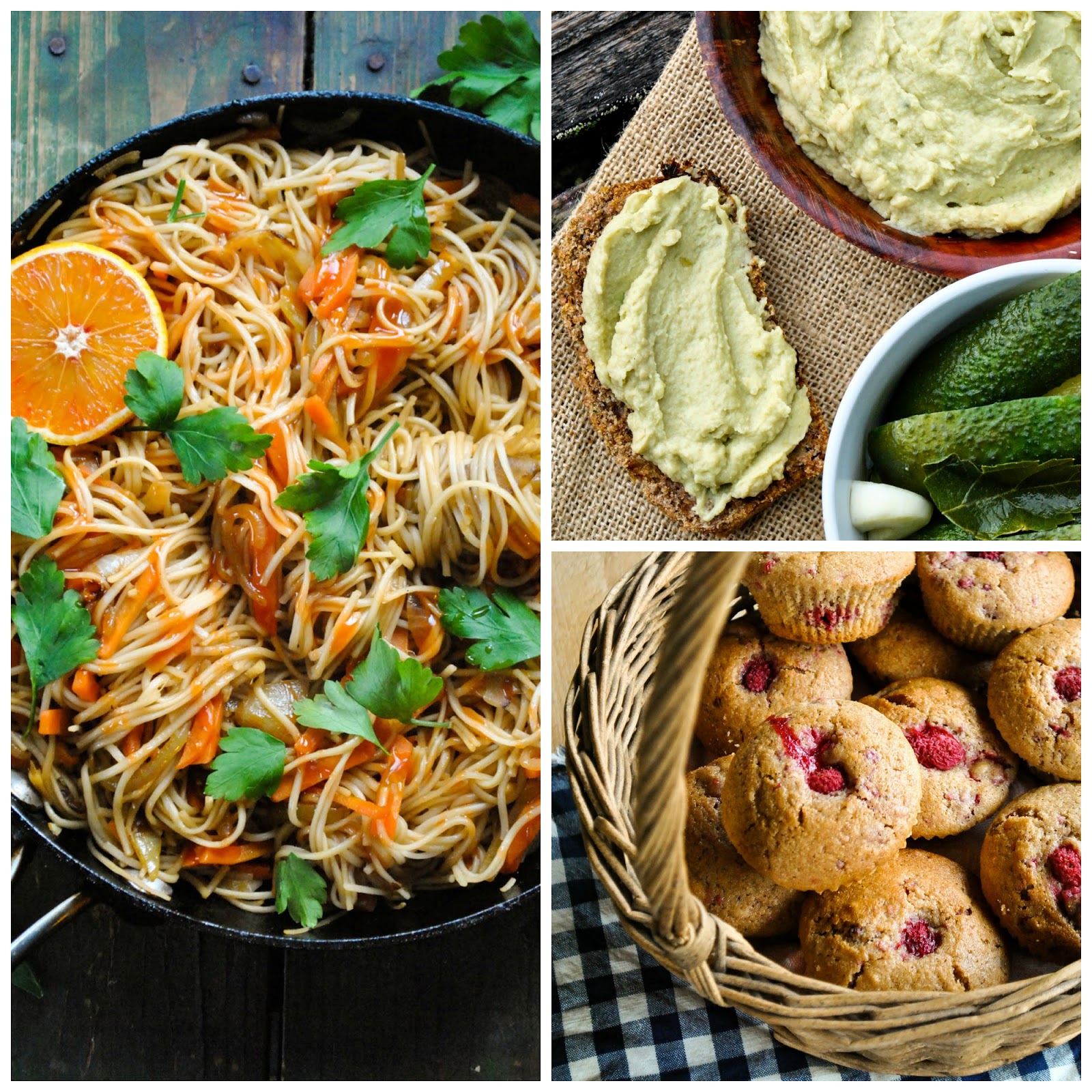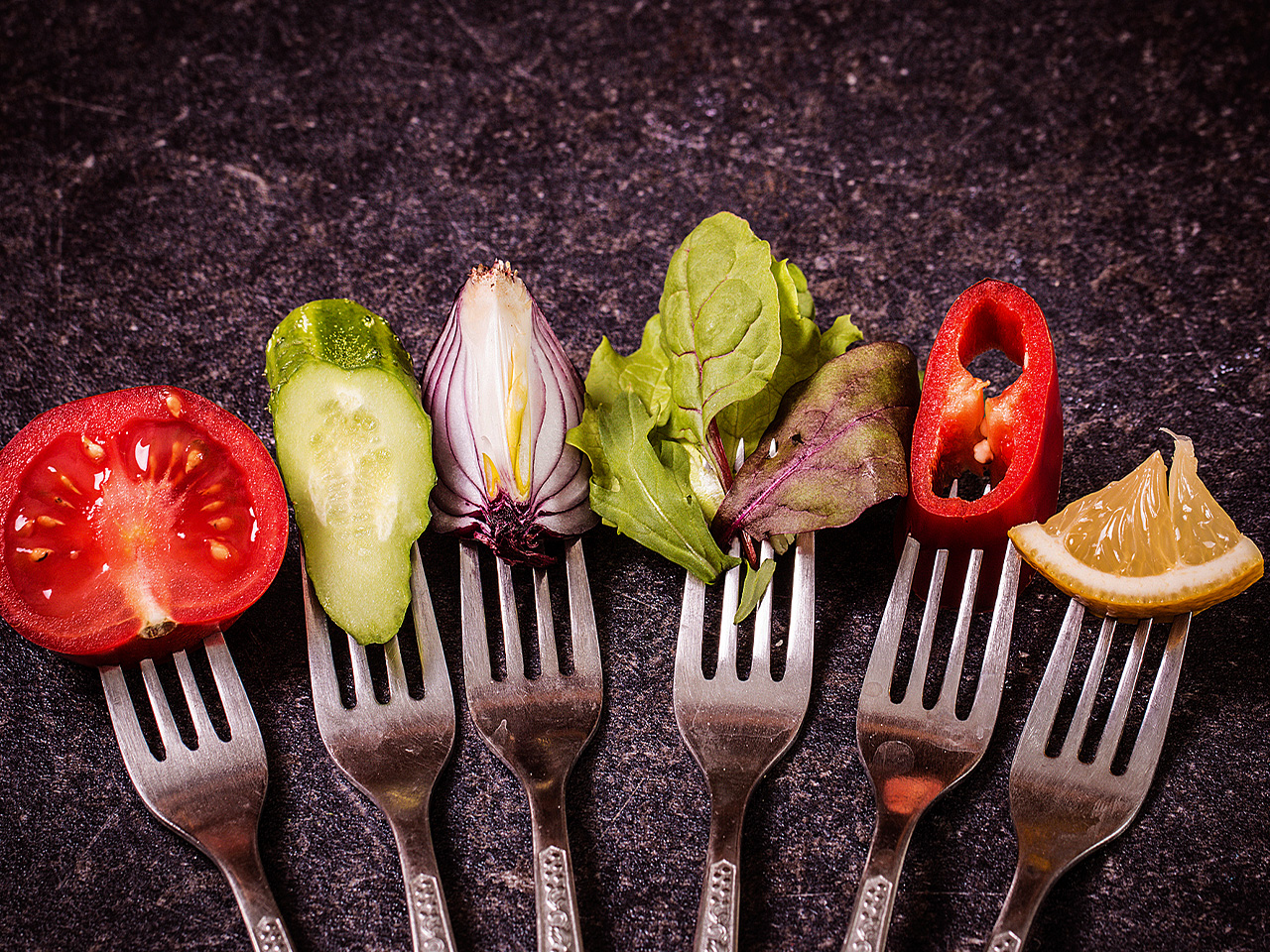Embarking on a vegan journey can be an exciting yet daunting experience, especially for beginners. Navigating the world of plant-based cuisine requires a shift in mindset and a newfound appreciation for the diverse flavors and textures offered by the plant kingdom.
This comprehensive guide aims to empower aspiring vegans with the essential knowledge, recipes, and tips to embark on their vegan culinary adventure with confidence.
Vegan recipes are not merely about abstaining from animal products; they are a celebration of the vibrant and nutrient-rich world of plant-based foods. By embracing a plant-forward diet, you can not only enjoy delicious and satisfying meals but also reap the numerous health benefits associated with a vegan lifestyle.
Introduction to Vegan Recipes for Beginners

Embarking on a vegan lifestyle entails abstaining from consuming animal products, including meat, dairy, eggs, and honey. It offers numerous health benefits, such as reduced risk of chronic diseases like heart disease, obesity, and certain types of cancer.
Vegan recipes play a pivotal role in this journey, providing delectable and nutritious meals that adhere to these dietary restrictions. They showcase the versatility and flavor of plant-based ingredients, dispelling misconceptions that vegan food is bland or restrictive.
Importance of Plant-Based Diets for Beginners
For beginners transitioning to a vegan diet, plant-based recipes are essential for several reasons. They provide:
- Nutrient-rich meals: Plant-based foods are packed with vitamins, minerals, fiber, and antioxidants, ensuring adequate intake of essential nutrients.
- Easy transition: Vegan recipes simplify the adoption of a plant-based diet by offering familiar dishes with a vegan twist, making the transition less daunting.
- Exploration of new flavors: Vegan recipes introduce a wide range of plant-based ingredients and flavors, expanding culinary horizons and encouraging experimentation.
Essential Ingredients for Vegan Recipes
Vegan recipes rely on a variety of plant-based ingredients to provide the necessary nutrients and flavors. Understanding the nutritional value and sourcing of these ingredients is crucial for creating satisfying and healthy vegan dishes.
Common vegan ingredients include tofu, lentils, beans, and leafy greens. Each of these ingredients offers unique nutritional benefits:
Tofu
- A versatile source of complete protein, containing all essential amino acids.
- Rich in calcium, iron, and magnesium.
- Can be sourced from organic soybeans and stored in water in the refrigerator for up to 3 days.
Lentils
- A good source of protein, fiber, and iron.
- Rich in antioxidants and folate.
- Can be purchased dried or canned and stored in a cool, dry place.
Beans
- A nutrient-packed food rich in protein, fiber, and vitamins.
- Excellent source of iron, zinc, and potassium.
- Can be purchased dried, canned, or frozen and stored according to package instructions.
Leafy Greens
- A vital source of vitamins, minerals, and antioxidants.
- Rich in fiber, calcium, and iron.
- Can be purchased fresh or frozen and stored in the refrigerator for several days.
Types of Vegan Recipes for Beginners

Vegan recipes can be categorized into different meal types, each with its own characteristics and popular dishes.
Breakfast
Vegan breakfasts are typically light and energizing, featuring plant-based proteins, whole grains, and fruits.
- Oatmeal with berries and nuts
- Tofu scramble with vegetables
- Smoothies made with fruits, vegetables, and plant-based milk
Lunch
Vegan lunches offer a balance of nutrients and flavors, often incorporating salads, sandwiches, and soups.
- Quinoa salad with roasted vegetables and chickpeas
- Vegan grilled cheese sandwich with plant-based cheese and vegetables
- Lentil soup with whole-wheat bread
Dinner
Vegan dinners are hearty and satisfying, featuring a variety of plant-based proteins, vegetables, and grains.
- Vegetable stir-fry with tofu or tempeh
- Lentil shepherd’s pie with mashed potatoes
- Vegan lasagna with vegetables and plant-based cheese
Tips for Cooking Vegan Recipes
Cooking vegan dishes requires a few essential techniques to ensure they are flavorful, nutritious, and satisfying. This guide provides tips on basic cooking techniques, flavoring, seasoning, and common challenges in vegan cooking, empowering you to create delicious plant-based meals with ease.
Basic Cooking Techniques
Mastering basic cooking techniques is crucial for successful vegan cooking. These include:
-
-*Sautéing
Cooking food in a pan with a small amount of oil over medium heat, stirring or flipping frequently. This method is ideal for vegetables, tofu, and tempeh.
-*Roasting
Baking vegetables or other ingredients in the oven at a high temperature until caramelized and tender. Roasting intensifies flavors and creates a crispy exterior.
-*Steaming
Cooking food over boiling water in a covered pot or steamer. This gentle method preserves nutrients and results in tender, flavorful dishes.
-*Grilling
Cooking food on a grill over high heat. Grilling adds a smoky flavor and creates beautiful grill marks.
Health Benefits of Vegan Recipes
Vegan recipes offer a plethora of nutritional benefits, promoting overall well-being. A plant-based diet is rich in fruits, vegetables, whole grains, legumes, and nuts, providing an abundance of vitamins, minerals, antioxidants, and fiber.
These nutrients play a crucial role in maintaining a healthy weight, reducing the risk of chronic diseases, and promoting longevity.
Weight Management
Vegan recipes are naturally low in saturated fat and cholesterol, making them an excellent choice for weight management. The high fiber content in plant-based foods promotes satiety, helping individuals feel fuller for longer periods, thus reducing overall calorie intake. Additionally, the complex carbohydrates in vegan recipes provide sustained energy throughout the day, preventing cravings and overeating.
Chronic Disease Prevention
Research has consistently linked vegan diets to a reduced risk of various chronic diseases, including heart disease, stroke, type 2 diabetes, and certain types of cancer. The antioxidants present in fruits and vegetables protect against cellular damage, while the fiber content helps regulate blood sugar levels and improve cholesterol profiles.
Additionally, the anti-inflammatory properties of plant-based foods can help reduce the risk of chronic inflammation, a major contributing factor to many diseases.
Meal Planning for Beginners
Meal planning is an essential aspect of a healthy vegan lifestyle. It helps you stay organized, save time, and make sure you’re getting all the nutrients you need. Here’s a step-by-step guide to meal planning:1.
-
-*Determine your dietary needs
Consider your calorie needs, dietary restrictions, and any specific health goals.
- 2.
- 3.
- 4.
- 5.
- 6.
- 7.
-*Choose a variety of recipes
Select recipes that include a balance of fruits, vegetables, whole grains, and plant-based proteins.
-*Plan your meals
Decide what you’re going to eat for breakfast, lunch, dinner, and snacks each day.
-*Create a grocery list
Based on your meal plan, make a list of all the ingredients you need.
-*Shop for groceries
Visit your local grocery store or farmers’ market to purchase the ingredients on your list.
-*Prepare your meals
Follow the recipes to prepare your meals.
-*Enjoy your meals
Sit down and enjoy the delicious and nutritious meals you’ve created.
Sample Meal Plan for a Week
Monday
Breakfast
Oatmeal with berries and nuts
Lunch
Salad with grilled tofu, quinoa, and vegetables
Dinner
Lentil soup with whole-wheat breadTuesday
Breakfast
Smoothie made with fruits, vegetables, and plant-based milk
Lunch
Leftover lentil soup
Dinner
Vegan tacos with brown riceWednesday
Breakfast
Whole-wheat toast with avocado and hummus
Lunch
Salad with chickpeas, vegetables, and tahini dressing
Dinner
Vegan stir-fry with tofu and vegetablesThursday
Breakfast
Overnight oats with fruit and nuts
Lunch
Leftover vegan stir-fry
Dinner
Vegan pizza with whole-wheat crustFriday
Breakfast
Vegan breakfast burrito with tofu, vegetables, and salsa
Lunch
Salad with grilled tempeh, quinoa, and vegetables
Dinner
Vegan pasta with marinara sauceSaturday
Breakfast
Pancakes made with whole-wheat flour and fruit
Lunch
Out to eat at a vegan restaurant
Dinner
Homemade vegan burgers with sweet potato friesSunday
Breakfast
Waffles made with whole-wheat flour and fruit
Lunch
Leftover vegan burgers
Dinner
Vegan chili with cornbread
Tips for Incorporating Vegan Recipes into Daily Meals
*
-*Start small
Begin by incorporating one or two vegan meals into your week.
-
-*Experiment with different recipes
Try out a variety of vegan recipes to find ones you enjoy.
-*Use familiar ingredients
Choose recipes that use ingredients you’re already familiar with.
-*Make substitutions
If a recipe calls for an ingredient you don’t have, try substituting it with a similar vegan ingredient.
-*Cook in bulk
Prepare larger portions of meals and freeze them for later use.
Resources for Vegan Beginners
Veganism can seem daunting, but there are numerous resources available to help you transition smoothly.
Online Resources
*
-*Vegan Richa
A popular blog and cookbook author offering a wide range of recipes and cooking tips.
-
-*The Vegan Corner
A comprehensive website with articles, recipes, and a forum for vegan support.
-*Forks Over Knives
A non-profit organization providing resources on plant-based nutrition and cooking.
Cookbooks
*
-*Vegan for Everybody
A beginner-friendly cookbook with simple and flavorful recipes by America’s Test Kitchen.
-
-*Oh She Glows Every Day
A collection of plant-based recipes that are easy to make and packed with nutrients.
-*The Vegan Cookbook for Beginners
A comprehensive guide with step-by-step instructions and nutritional information.
Support Groups and Communities
*
-*Vegan Society
The oldest vegan organization in the world, offering support and resources for vegans and vegetarians.
-
-*Vegan Action
A non-profit organization promoting veganism through education and advocacy.
-*Local vegan groups
Search online for vegan groups in your area to connect with other vegans and share experiences.
Last Word
As you embark on your vegan culinary journey, remember that the most important ingredient is a curious and adventurous spirit.
Experiment with different recipes, explore new flavors, and don’t be afraid to make mistakes. With each dish you create, you will not only expand your culinary repertoire but also gain a deeper appreciation for the transformative power of plant-based eating.
The world of vegan cuisine is vast and ever-evolving, offering endless possibilities for culinary exploration and personal growth.
FAQ
What are the essential ingredients for vegan cooking?
A well-stocked vegan pantry should include staples such as tofu, lentils, beans, whole grains, nuts, seeds, and a variety of fruits and vegetables.
How can I incorporate vegan recipes into my daily meals?
Start by gradually replacing one meal a day with a vegan option. As you become more comfortable, you can gradually increase the frequency of your vegan meals.
Are vegan recipes healthy?
When planned thoughtfully, vegan recipes can be incredibly nutritious. They are typically rich in fiber, vitamins, minerals, and antioxidants, which are essential for overall health and well-being.
Where can I find vegan recipes and cooking tips?
There are numerous online resources, cookbooks, and websites dedicated to vegan recipes and cooking tips. Some popular options include Forks Over Knives, The Vegan Society, and PETA.
